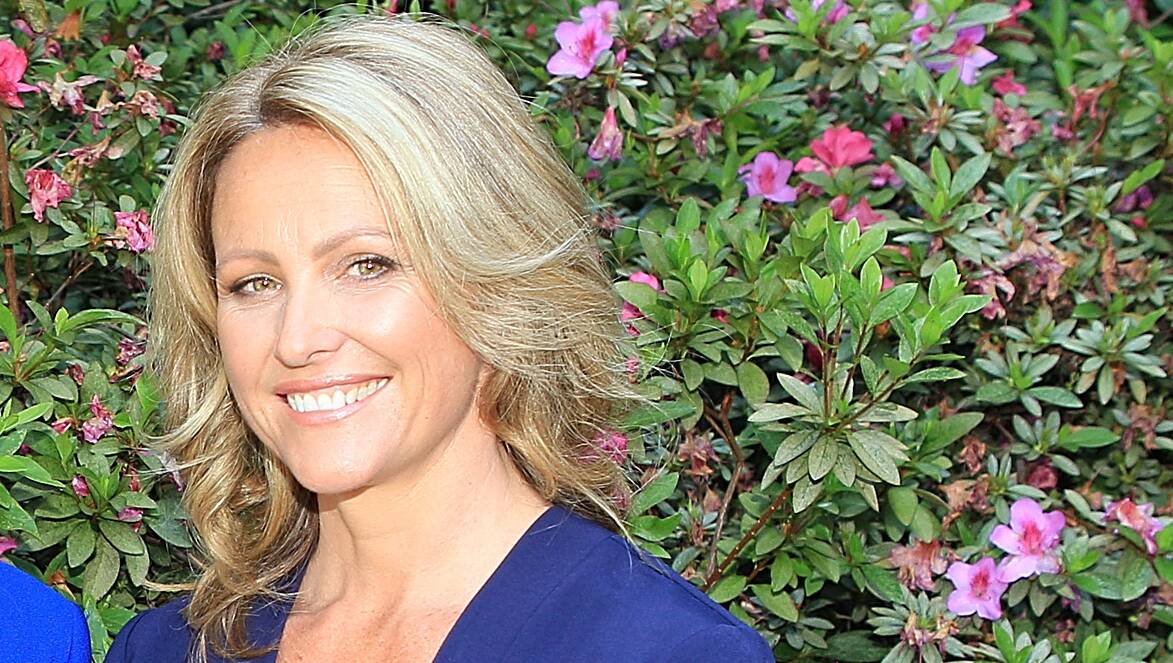Michael Barone is a respected conservative commentator but he has missed the point below. Trump is popular but that does not make him a populist. Populists are generally poorly informed, not graduates of the Wharton School. Nor is he a nationalist. Read Orwell for a very clear definition of nationalism.
Trump is simply an enthusiastic patriot. His love of America comes strongly through and endears him to masses of his fellow Americans. And his policies are in no need of new labels either. He is a conservative, very much so, but one with a take on economic issues that is both old and new -- but was also thoroughly conservative in practice. Read below for an understanding of that
https://awesternheart.blogspot.com/2023/09/left-right-divide-no-longer-relevant-in.html
Historical context below:http://jonjayray.com/trumpism.html
Perhaps in passing I should mention that noted British conservative philosopher Roger Scruton saw patriotism and conservatism as very closely alliedhttp://jonjayray.com/rightism.html#1173
"Populist politicians and parties," writes the Ethics and Public Policy Center's Henry Olsen in The Spectator, are "rapidly gaining strength and power across the developed world." They're doing so despite the opposition and angry scorn of political and intellectual establishments of Left and Right and with a resilience that they find baffling.
Nothing exemplifies that resilience more than the current standing of Donald Trump's third presidential campaign. Trump didn't come close to a plurality, much less a majority, of the popular vote as the Republican nominee in 2016 and 2020; his conduct led to his party's loss of its House majority in 2018, and his endorsements of weak nominees cost it its Senate majority in 2022. Of course, despite his claims, he failed to win reelection in November 2020.
But there he sits, despite four indictments with 91 counts, polling 59% against multiple opponents in primary pairings and a 45%-45% tie against President Joe Biden, who led him 51%-47% in 2020.
As Olsen points out, Trump isn't the only politician often labeled as a populist who is doing well despite elite scorn. Italy's prime minister, Giorgia Meloni, comes from a party with roots in the fascist movement of Benito Mussolini. Though Mussolini has been dead for 78 years, that aroused more unease than the election of a former Communist to that post in 1998, just nine years after the fall of the Berlin Wall.
Other populists doing well lately include Germany's Alternative fur Deutschland and Canadian Conservative party leader Pierre Poilievre, longtime Israeli Prime Minister Benjamin Netanyahu, and, back in 2019, former British Prime Minister Boris Johnson.
In different ways and to different extents, these populists abjure the market economics and interventionist foreign policies of Ronald Reagan and Margaret Thatcher and have been winning the votes without entirely endorsing the platforms of cultural conservatives.
The stock response of financial and corporate establishments has been to use any means to exclude such politicians from positions of power. In this country, that has included concocting and promoting the Russia collusion hoax rather than accepting Trump's election as legitimate and using intelligence officials to muscle social media to suppress news of the legitimate Hunter Biden scandal in 2020.
Now, the establishment may be throwing in the towel. In its most recent edition, the London-based Economist left off worrying about populists' supposed authoritarianism and conceded that "Europe is not about to be overrun by fascists, in a repeat of the 1930s."
"Rather than trying to exclude hard-right parties entirely from government and public debate," it went on, "the best response is for mainstream parties to engage with them, and on occasion to do deals with them. If they have to take some responsibility for actually governing, they may grow less radical."
Quite possibly, and quite possibly, some establishment folks may one day concede that some of their policies and presuppositions have not worked out well. Olsen cites "the blind faith elites had that the pursuit of wealth would transform China's Communist party," the "elite economic mismanagement" that caused the 2008 financial crash and today's inflation, and "elite insistence that traditional mores be disregarded," which has led to "culture wars." He might have added the overly stringent and scientifically unjustified COVID-19 lockdowns in this and other countries.
Some 30 years ago, in the late Irving Kristol's Public Interest Quarterly, I wrote an article in which I argued that democracies have had "four major types of political parties: religious, liberal, socialist, and nationalist." Some democracies over the preceding 160 and the intervening 30 years have fared better than others.
Religious parties in Europe have disappeared or changed character with the decline of religious belief. The Republican Party, for three decades since the 1980s, has had some of the character of a religious party, which has faded in the Trump years, while today's Democratic Party sometimes advocates with religious fervor the secular liberalism of an increasing number of its supporters. As I predicted in 1993, "parties will attack their opponents by calling them religious."
Liberal parties dedicated to 19th-century liberalism, free trade, market economics, religious toleration, and freedom succumbed in the 20th century to socialist parties closely allied with labor unions. Grover Cleveland's laissez-faire Democrats become Woodrow Wilson's statist Democrats. Britain's Liberal Party, with a 397-156 seat margin in 1906 and a front bench with two later wartime prime ministers, David Lloyd George and Winston Churchill, faded to third-party status as Labour elected a prime minister in 1924.
Anti-clerical liberal parties in Italy, Spain, and France "died from failure of nerve," as I wrote, failing to protect democracy against Mussolini, Franco, and Vichy. Socialist policies didn't work and were repudiated by Thatcher and Reagan -- and Tony Blair and Bill Clinton.
The democratic parties with staying power have been nationalist parties -- "not the nationalism of Hitler, of course," as I wrote in 1993, but the "nationalism that is open to various economic programs and compatible with cultural toleration." Olsen identifies "national solidarity" as the guiding principle of populist voters, who favor "the particular over the global, the communal over the individual, and the traditional over the novel."
"The United States may be entering a happy period," I wrote in 1993, "where it has two nationalist parties, with differing positions on important cultural and economic issues, but a fundamentally favorable outlook toward American nationalism, a condition we have not enjoyed since the mid-1960s."
Those hopes have been disappointed, most recently by the personal shortcomings of Donald Trump and Joe Biden, by the refusal of Trump's opponents to accept the legitimacy of his victory in 2016 -- and by his refusal to accept the legitimacy of theirs in 2020. It's looking like they will be disappointed for some time to come.
***************************************************



